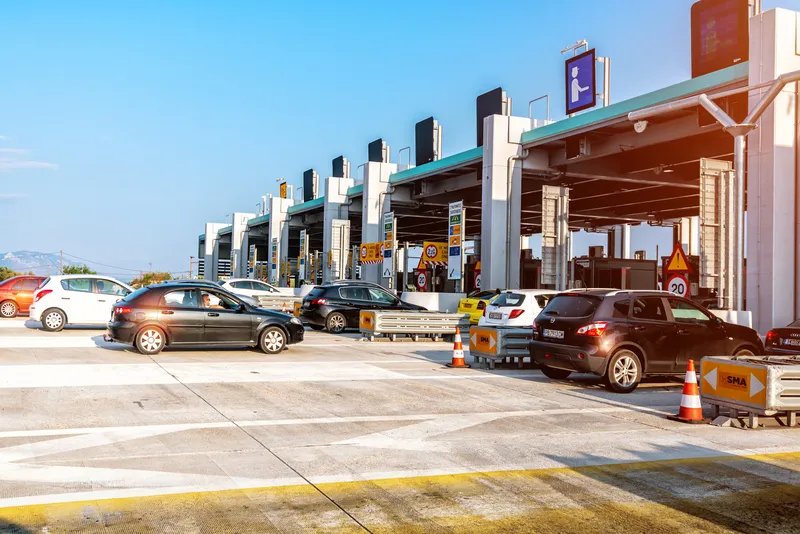RFID solutions provider
The investigation is based on a complaint filed by Neology on December 4, 2015. The complaint alleges violations of section 337 of the Tariff Act of 1930 in the importation into the United States, the sale for importation, and the sale within the United States after importation of certain radio frequency identification (RFID) products that infringe Neology's Patents. Neology has requested that the USITC issue a permanent limited exclusion order and permanent cease and desist order.
"We are committed to protecting our intellectual property and asserting our patents against those who would infringe it," said Francisco Martinez de Velasco, CEO of Neology.
Tolling companies to be investigated unlawful importation of RFID products
RFID solutions provider Neology, a subsidiary of SMARTRAC, has said that the US International Trade Commission (USITC) has instituted an investigation into Neology's complaint that Kapsch, Star Systems International, and Star RFID have committed unfair acts through infringement of US patents 7,119,664, 8,325,044, and 8,587,436.
January 8, 2016
Read time: 1 min









